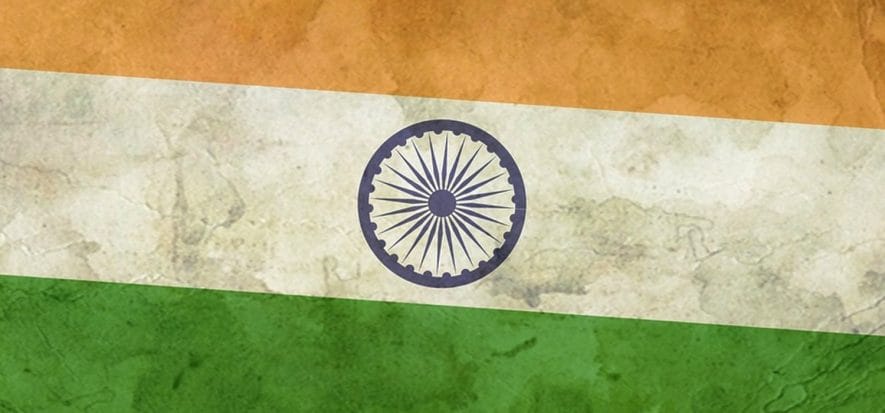Suspended activities and great uncertainties about the future. After the months of stop imposed by the government, tanneries of Uttar Pradesh fear that they will not be able to get back to work. Their discomfort is shared by the rest of the Indian leather industry, which wonders whether it would be better to take other roads or wait for the end of the crisis. Divergent opinions that emerged loud and clear from the stands of pavilion A3 at Expo Riva Schuh, dedicated to Indian exhibitors.
“The problem is very heartfelt and increasingly acute”, explain the booth of Naaz Exports, a Kanpur footwear company that has been producing almost exclusively leather shoes for over 70 years. “We struggle to find the raw material, so we will be forced to move our business, probably to Calcutta – they continue -. Is it expensive? Yes for sure, and very much, but what alternative do we have?”.
For Bhola Footwear Export, another Uttar Pradesh footwear company, the difficulties of tanneries are unbeatable. “I think we can talk about a business that has already died in that region – he explains -. I don’t think the crisis can be resolved because, unfortunately, in that area there are many tanneries that illegally unload their waste-waters in the Gange river and it is not an obstacle easy to pass”.
Between those who are thinking of leaving and those who are doubtful, there are those who have already made a move. “Many tanneries have already moved – he resumes -. Others, for example leather goods and footwear companies, have started to get supplies of raw materials from producers in other regions”. Beyond the Indian border, too: “It can be a solution to contact foreign suppliers, but you have to do the math well, because it can be very expensive”, explain Amin Tannery, a tanning and footwear company founded in 1946 in the Unnao Region. Basically, it is on the opposite bank of the river Ganges with respect to Uttar Pradesh, where tanneries continue to carry out their activity. “I believe that the crisis can be resolved, but before everything comes back as it was before, it will take at least two years” explains a representative of the Amin family, owner of the company. “Some customers have already left in the meantime – he concludes – and this is favouring other regions and other countries”.










